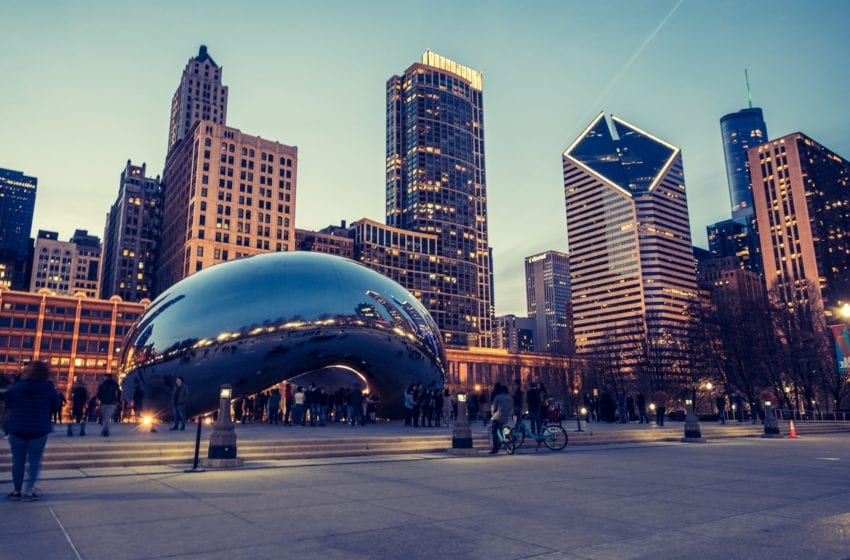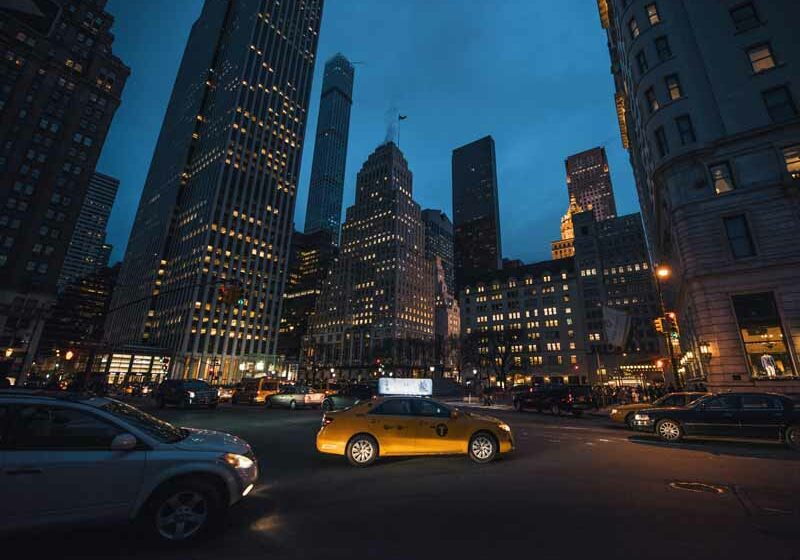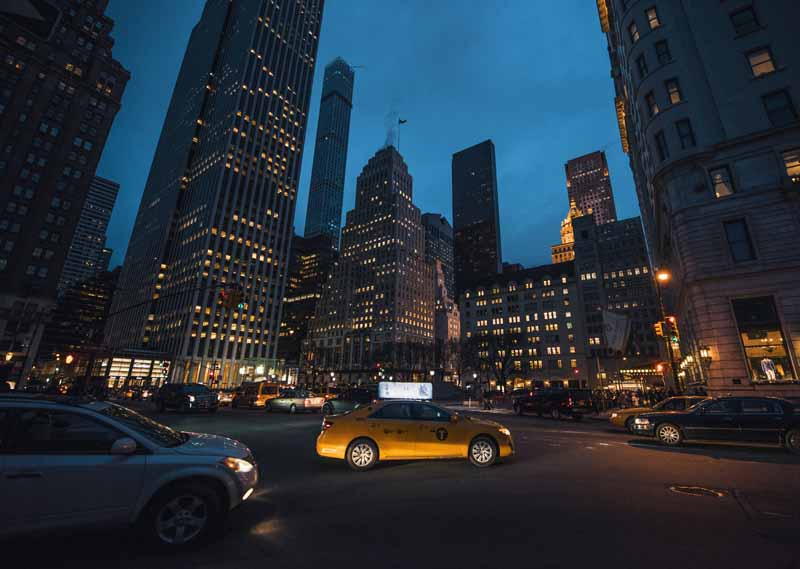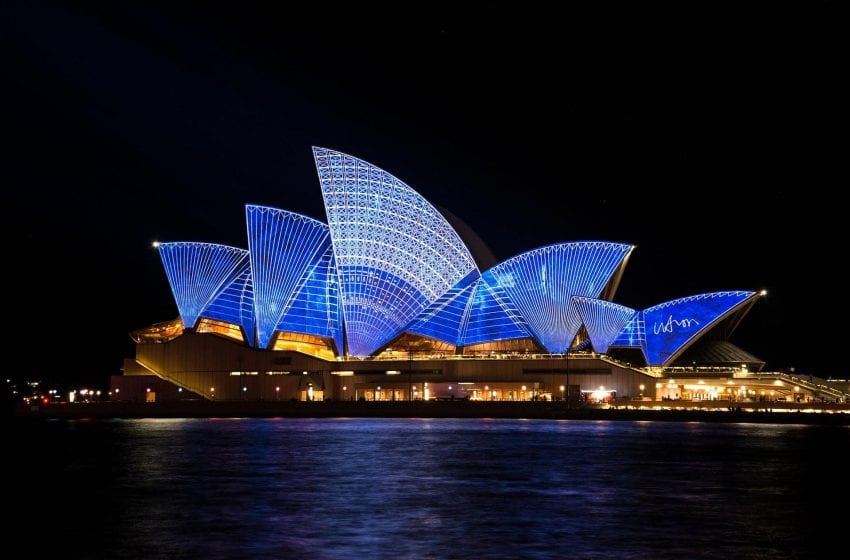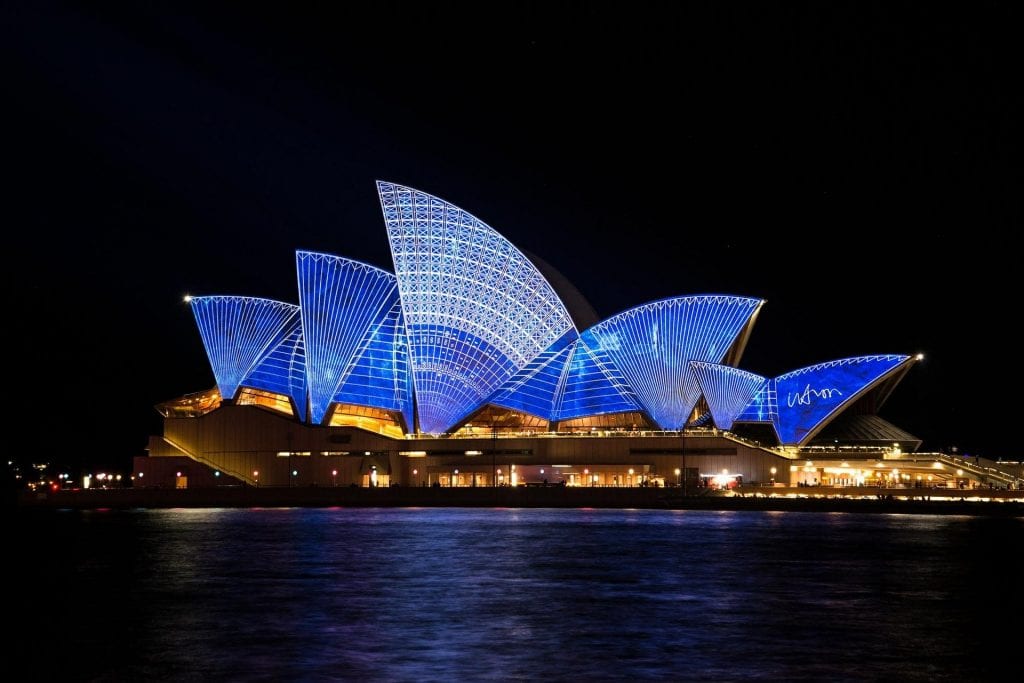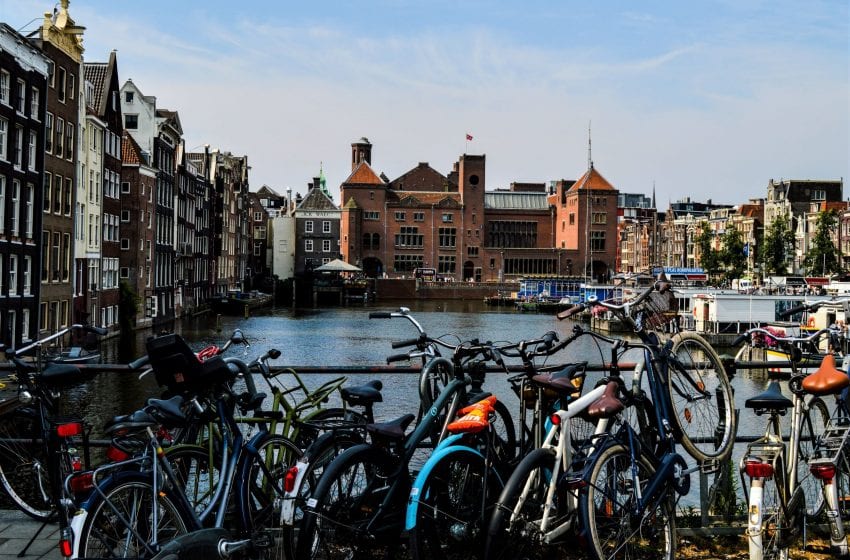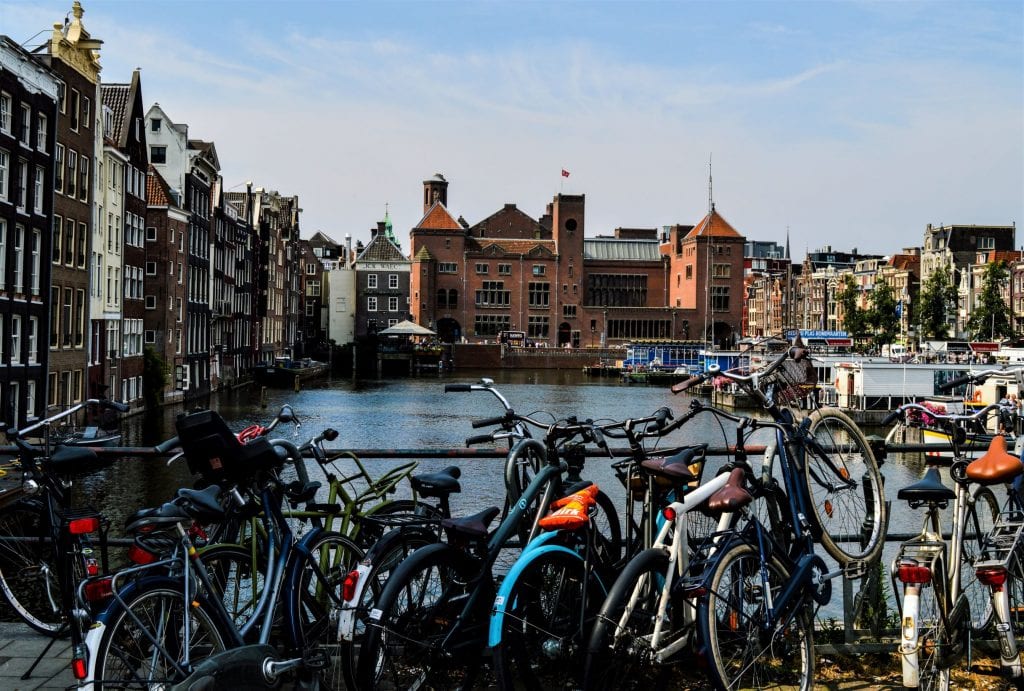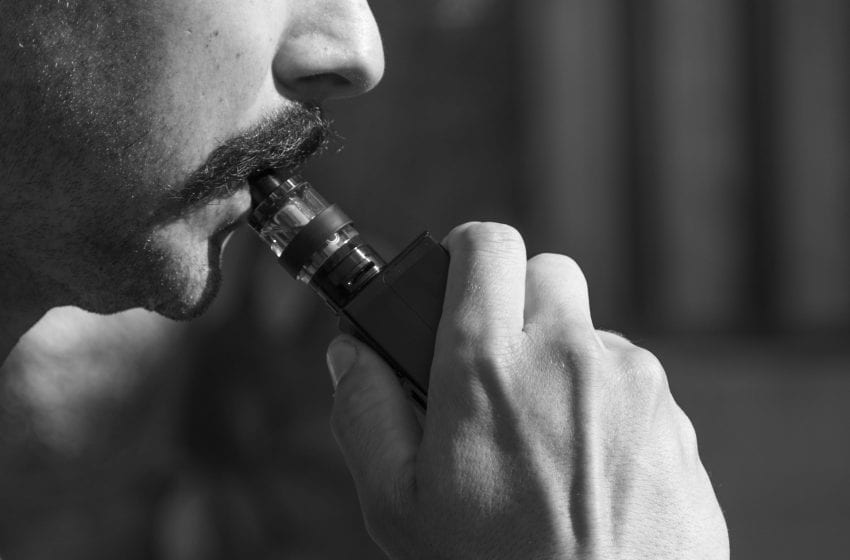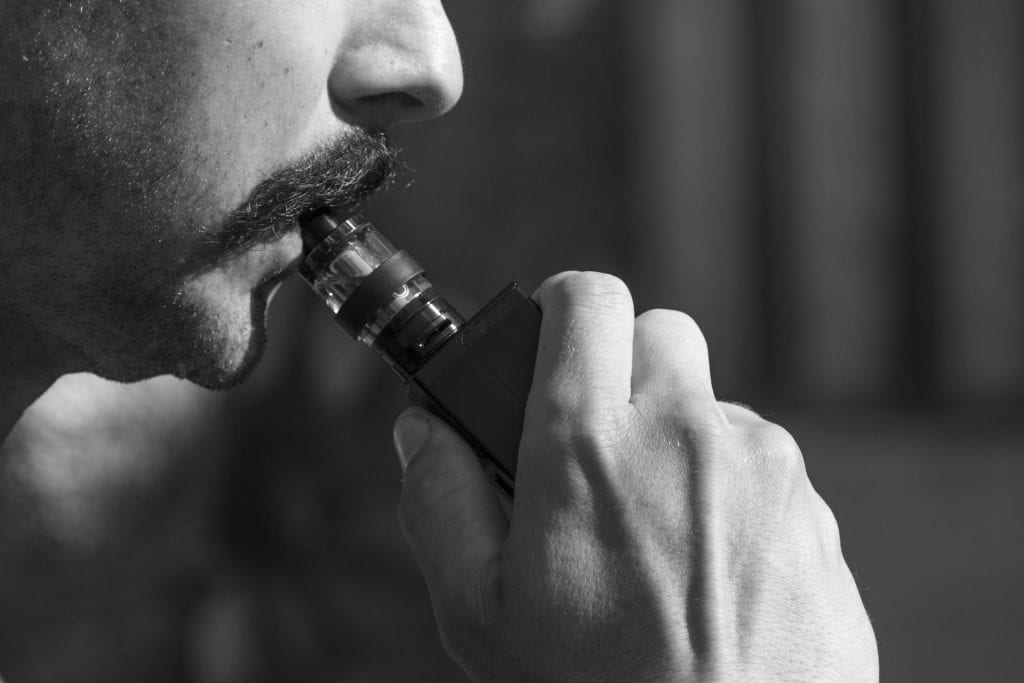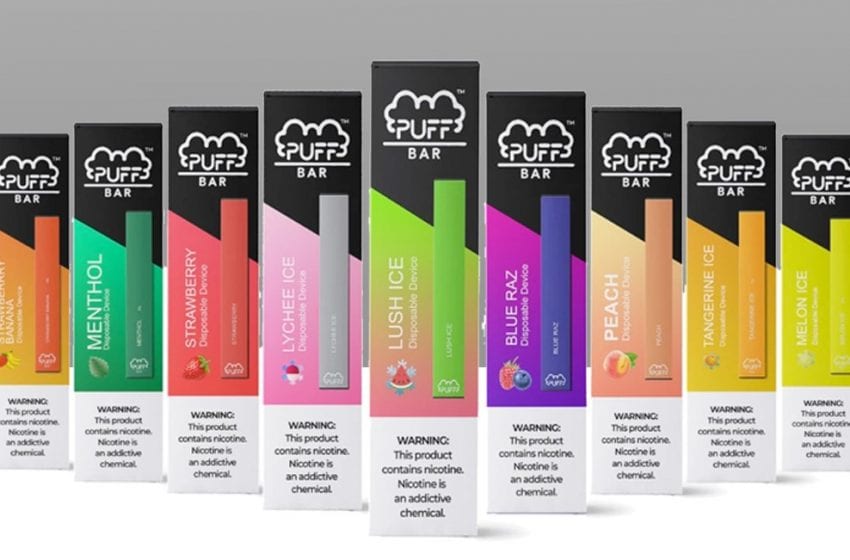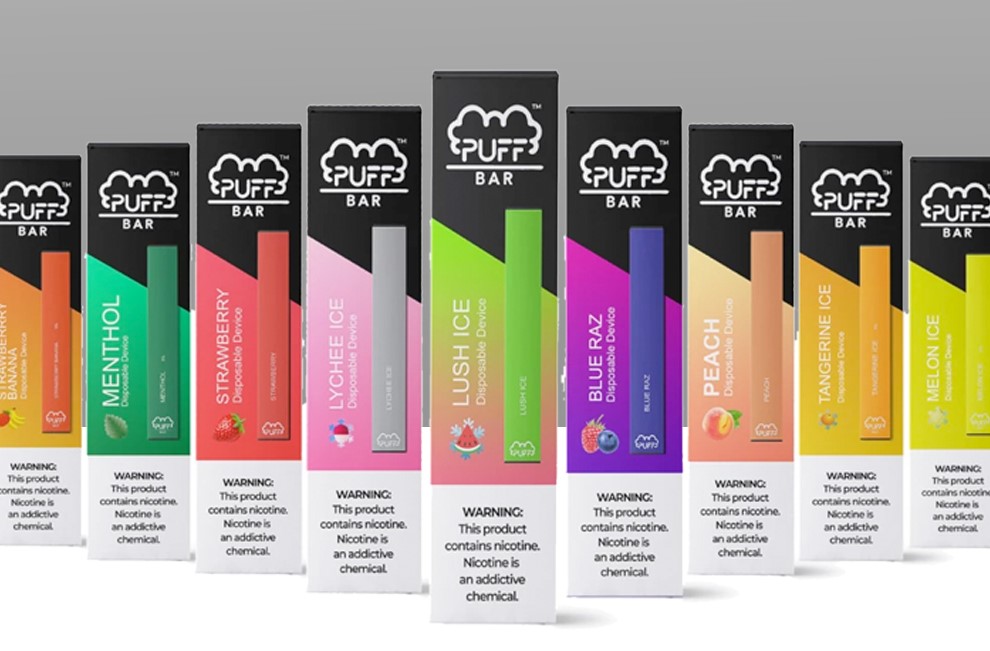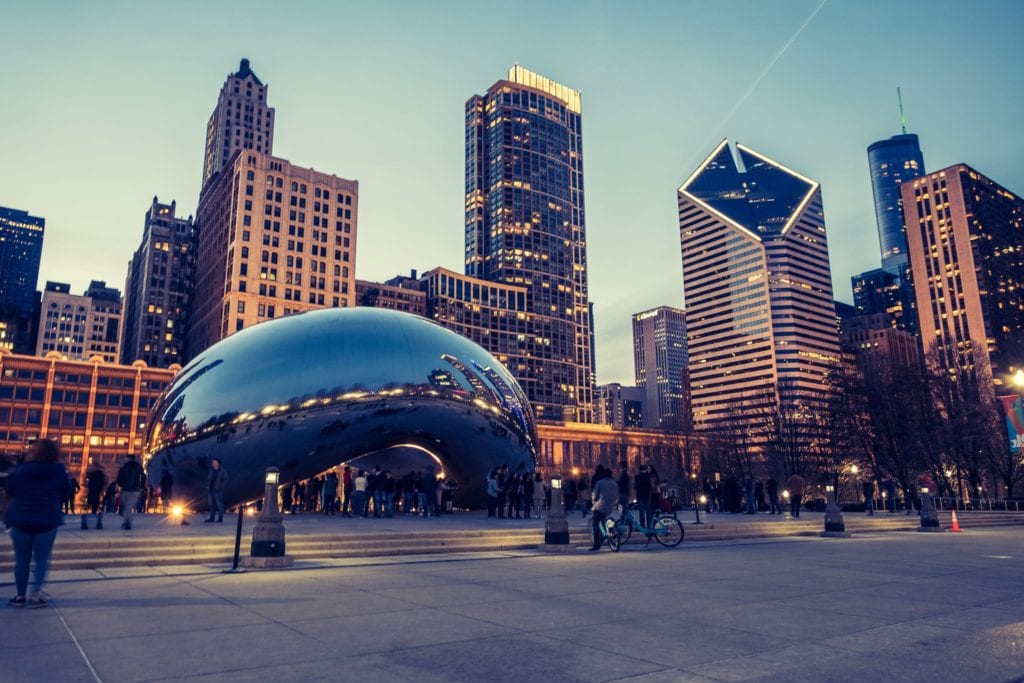
A proposal to ban the sale of flavored e-cigarettes and other tobacco products in Chicago stalled in a City Council committee after running into an avalanche of opposition.
Owners of gas stations, convenience stores and tobacco stores — and trade groups representing them — showed up in force at the virtual meeting to accuse the City Council’s Committee on Health and Human Relations of “kicking them when they’re down,” according to an article in the Sun-Times.
They argued small businesses are fighting for survival after a double-whammy: first, the coronavirus pandemic; then, damage during civil unrest, which came when many were “woefully under-insured.”
The last thing they need is “legislative over-reach” that would cost them even more business, they said, noting that tobacco products account for 40% of revenue for a typical Chicago gas station — and that 52% of that tobacco revenue comes from flavored tobacco products.
“This is the equivalent to kicking this industry while they’re down. You not only lose out on flavored tobacco sales to adults. You lose a significant driver of other business. When people buy tobacco, they buy other things. So the business loses out on all of those sales. The city loses out on all of the revenue,” said Tanya Triche Dawood, vice president and general counsel for the Illinois Retail Merchants Association, the article states.
Dawood acknowledged there is “absolutely … an issue with teen vaping,” but it can be solved by “identifying products that are attractive to teens” and banning those — not by “taking products away from adults” like “tobacco- and menthol-flavored vapes,” she said.
“I’m not aware of any data that shows that pipe tobacco is gaining in popularity with teens. Neither is chew. Or even menthol cigarettes. But all of these products are included in this proposal,” Dawood said.

